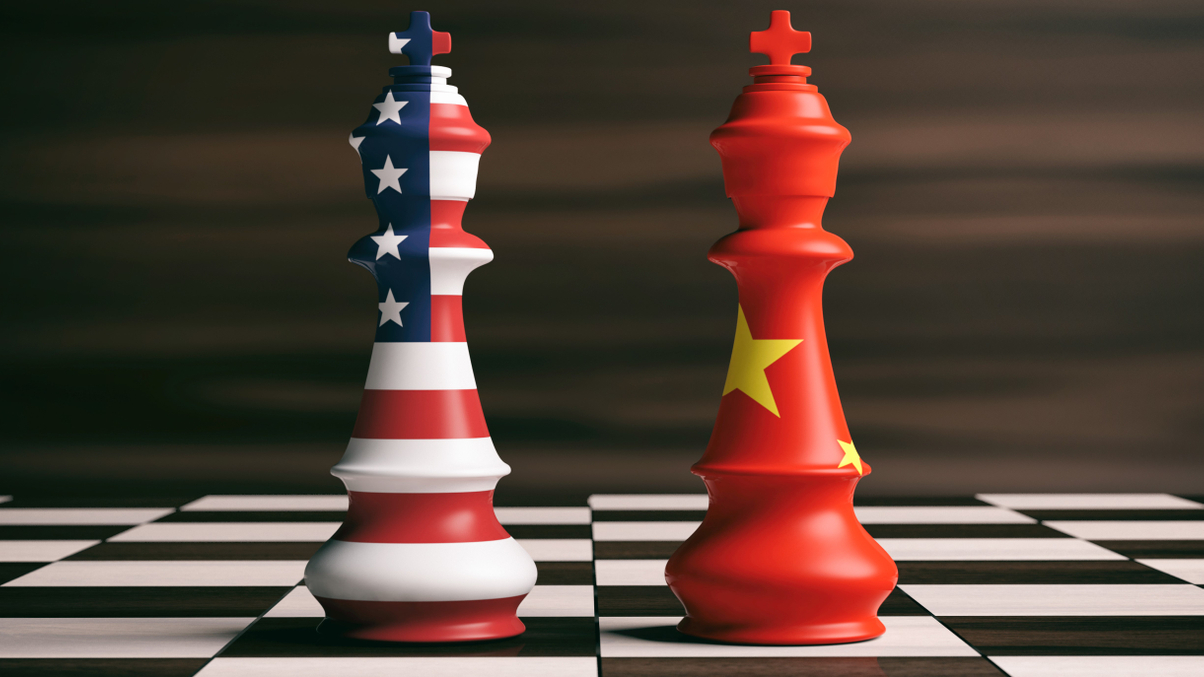In focus: US firms decouple China operations amid geopolitical tension
For US firms such as Mayer Brown, demerging their China operations becomes an effective alternative to navigate through geopolitical tensions.

As geopolitical tensions between China and the United States continue, some US firms have taken the alternative approach of separating their China businesses to maintain a presence in the market.
Sign in to read on!
Registered users get 2 free articles in 30 days.
Subscribers have full unlimited access to AsianInvestor
Not signed up? New users get 2 free articles per month, plus a 7-day unlimited free trial.
¬ Haymarket Media Limited. All rights reserved.


